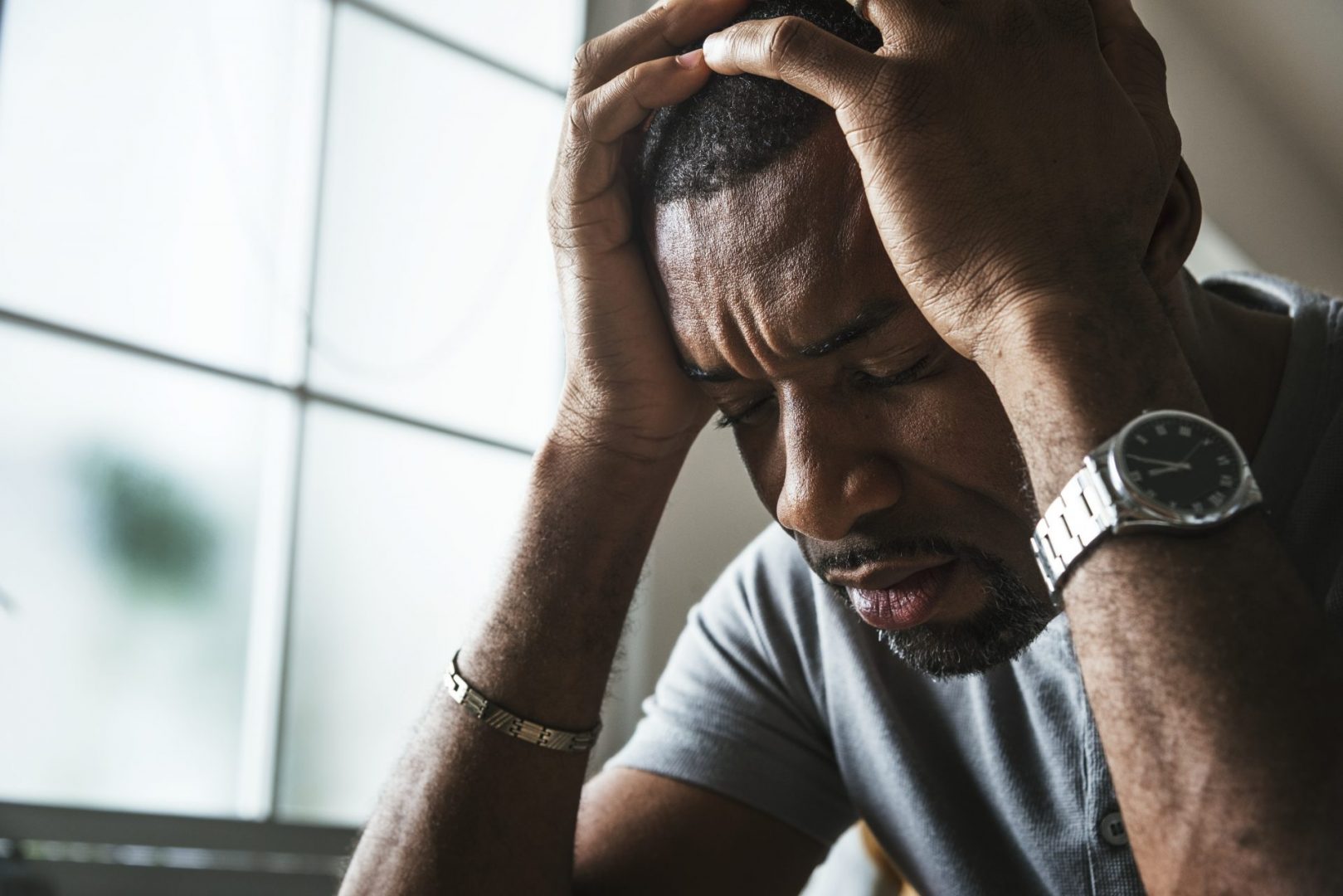PTSD: A Side Effect of COVID-19
June is PTSD Awareness Month
Experiencing flashbacks, nightmares, irritability, anger, and fear? It is possible to feel this way during COVID-19.
While we associate post-traumatic stress disorder (PTSD) with a physical assault, an accident, or being in a war, it can also occur in people who have experienced a pandemic, such as the one we are going through right now. Even if you are not clinically diagnosed with PTSD, you might be experiencing very similar symptoms of the disorder.
"Anytime there is exposure directly or indirectly to a potentially harmful situation, development of PTSD is possible and this includes COVID-19." said Nicole Romanelli, LAC, Outpatient Therapist, Acenda. “Factors including isolation and physical distancing, anxiety and stress about the virus, working in healthcare on the front lines of the pandemic, and even dealing with loss during this time, can lead to the development of PTSD symptoms.”
For those experiencing symptoms of PTSD here are 6 ways to help reduce the effects of the disorder including:

1. Find ways to stay calm. Breathing exercises, meditation, exercise, stretching, yoga, prayer, music, writing in a journal, or spending time outdoors are all ways to reduce the stress.
2. Try to be positive. Instead of dwelling on the negatives, try to think positively and find the good in a not-so-good situation.
3. Manage your response to fear. It’s important to accept that there will always be uncertainty in life. If you recognize your emotions as signals, and not that you are in some kind of danger, you will be less fearful about the future and moving on.
4. Keep in touch with friends and family as much as possible. Having the support of loved ones can be helpful in an adverse situation.
5. Strengthen your coping skills. With the right coping mechanisms and resources you can overcome a difficult period or situation. Find a mentor to help guide you, research ways to overcome your stressors, and seek out appropriate medical care if needed.
6. Get involved in your community. When things begin to open up again, volunteering or getting involved in your community can be a good distraction and can help you overcome your emotions of powerlessness.

It’s important to be aware of your symptoms and how long they last. If you think that you are experiencing PTSD, help is available and advised. Our clinicians are available to help during this uncertain time via our telehealth services. Call our main number at 844-4-ACENDA (844-422-3632) for more information.
Sources:
CNBC.com
PsychCentral.com
Vox.com